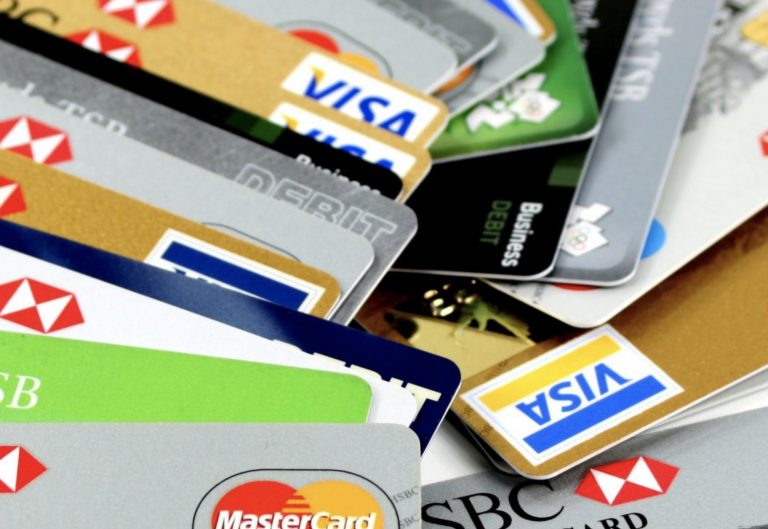In the last few decades, there has been a gradual yet steady stride towards a cashless society with technology enabling this revolution. This has now been greatly accelerated as a result of COVID-19, which may have seen us say goodbye to cash for good to completely embrace a cashless society.
Story Stages
The COVID-19 Impact
Prior to the pandemic, more and more people were using card and digital payments for just about every kind of purchase. While this was the most common form of payment, nearly everywhere would still accept cash and many people liked to use cash in certain situations whether this is a small purchase like milk, splitting the bill at a restaurant, paying a babysitter or tipping at a hairdresser. This has all now changed as a result of COVID with many places refusing to take cash due to the risk of transmission that it brings.
Moving out of COVID-19, people’s attitudes towards hygiene has changed forever and people have gotten used to contactless and digital payments. This means that fewer businesses will be taking cash, which means that consumers are likely to carry less cash as well. This could mark the end of the use of cash as we know it and see people embrace digital wallets and Fintech banking instead.
The Benefits
There are numerous benefits to a cashless society, which is why it has been heading in this direction for a long time. From a consumer standpoint, card and digital payments are easier to keep track of and it means that you do not have to worry about carrying around cash which can be frustrating, dangerous and unhygienic. This could all result in lower crime rates, less money laundering, faster exchanges and easier currency exchange when travelling.
The Drawbacks
While there are many benefits to a cashless society, it is also important to note that there are some drawbacks. Digital payments are less secure and you are exposing your personal information to potential data breaches, which is why data protection and cybersecurity are so important. In addition to this, those with no bank accounts, phones or tech knowledge will struggle to keep pace. While some find it easier to track spending with digital payments, others might find it harder when they do not physically hand over money.
The pandemic has greatly accelerated the cashless revolution and it is hard to see cash making its way back once the pandemic has ended. The future is contactless and digital, which certainly has many benefits and many people find that it is much easier to keep on top of their finances. There are potential issues with a cashless society, though, which need to be addressed moving forward so that everyone can enjoy the benefits.
